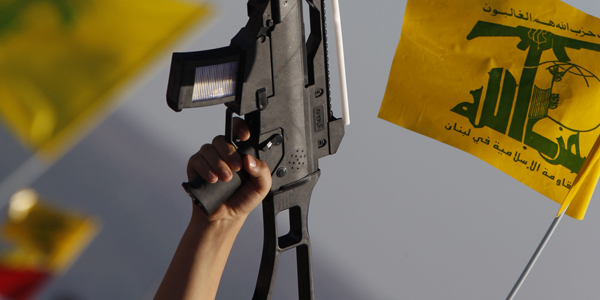Hezbollah after Bashar
BEIRUT, Lebanon — Hezbollah supporters have been watching the turbulence next door in Syria with apprehension. Rhetorically, the Lebanese Party of God has backed its patron in Damascus, although its embrace has grown tepid of late. But Hezbollah was worried enough to shift its weapons caches from Syria into Lebanon, reportedly, and its emissaries have been working behind the scenes to mend relations with Syria’s opposition. At the core of their worry is a sectarian concern: Syria without Bashar al-Assad might be willing to jettison Hezbollah — after all, Syria is a majority Sunni nation, and Hezbollah is a Shia standard-bearer.
“The Islamists who are fighting against Bashar Assad are not going to support us if they take power,” one Hezbollah partisan told me recently in Lebanon. “They might believe in resistance against Israel, but they won’t support our resistance.”
If, or more likely when, Assad’s government finally falls to the uprising that has shaken Syria for more than half a year, its successor will renegotiate Syria’s regional relationships. Assad’s long-time friends and clients have good reason to feel insecure. A more democratic Syria would represent the country’s Sunni majority, which includes a fair number of Islamists. They likely won’t share all the priorities of Assad’s brutal minority regime, whose commitment to secular government conveniently justifies its manic clinging to absolute authority.
A Syria led in part by the Muslim Brotherhood, or by a confederation of anti-Assad forces, would probably continue to support resistance movements that fight Israel, and would likely continue relations with Iran (and, possibly, pursue warmer relations with Iraq). But it might be less vested in the ideological absolutism of the existing “Axis of Resistance,” led by Hezbollah and Iran, and more interested in a new Arab nationalist front, which could unite Egypt, the Palestinians, and other post-dictatorial Arab states in an alliance that opposes Israel and some American projects from a less bellicose footing.
The threat to Hezbollah is tangible, and has broad regional implications.


